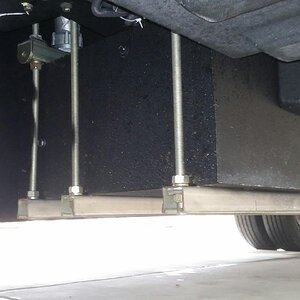Have you guys ever watched the show on TV called Engine Masters? There is an episode where they used a big block Chevy motor on the dyno to find out if octane made any difference in HP. They also monitored fuel/air ratio all along the power curve. If I remember correctly they used 87 Octane as well as 91, 93, 116 Octane Sunoco race fuel and E85 (which is 85% alcohol). Know what they found? Their engine would run on 87 octane without knocking. It was making 500 (?) HP. After running the 87, 91, 93 and even the 116 octane fuels through it they overlayed the graphs on top of one another and there was virtually no difference in any of them! The HP didn't fluctuate more than about 2 HP no matter what fuel they ran. The E85 alcohol blend boosted the HP about 50 (?) extra HP because of all the extra available oxygen in the fuel. But obviously your engine has to be changed over to all the equipment necessary to run E85.
Moral of the story? If your engine will run good on 87 and not knock, then you are wasting your money on using any of the higher octane and more expensive fuels. Obviously if your engine requires 91 octane to not knock you should stay away from 87 but again you are wasting your money buying any higher octane fuel unless you want to switch to E85 but then you have availability issues to deal with.











